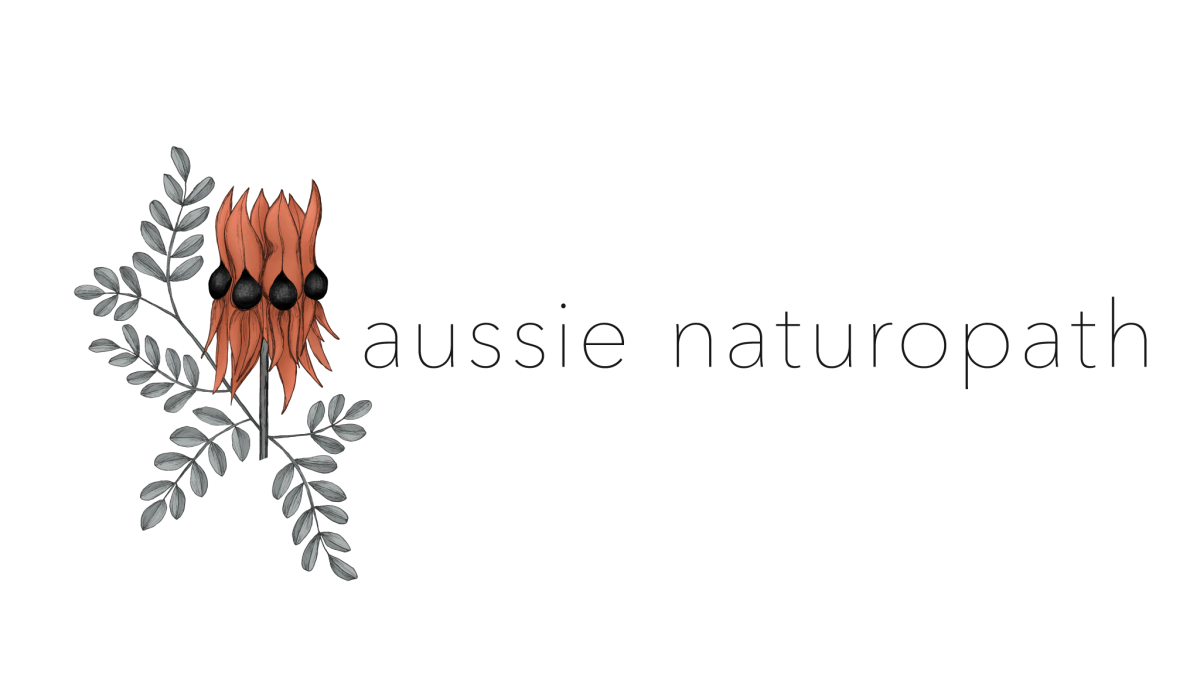According to the World Health Organisation (WHO), Coronaviruses (CoV) are a large family of viruses that can cause illness ranging from the common cold to more severe diseases such as Severe Acute Respiratory Syndrome (SARS-CoV) and Middle East Respiratory Syndrome (MERS-CoV). COVID-19 is a novel (new) coronavirus, that was first discovered in 2019 and has not been seen in humans before.
How is Coronavirus (COVID-19) spread?
COVID-19 was declared a serious communicable disease on 29th January 2020 and the WHO declared COVID-19 a pandemic on the 11 of March. We know that coronaviruses can be transmitted from animals to humans and from human to human.
What are the signs of a COVID-19 infection?
Coronavirus can present as a cold, but the most common symptoms are:
- Cough
- Fatigue
- Headache
- Sore throat
- Fever and chills
- Aches and pains
- Shortness of breath
- Breathing difficulties
- Respiratory symptoms
As we have witnessed in many countries around the world, in severe cases, infection can cause:
- Pneumonia
- Severe acute respiratory syndrome
- Kidney failure and even death
Who is at risk?
Currently in Australia, the people most at risk of getting the virus are those who have:
- recently travelled overseas, particularly to high risk countries
- been in close contact with someone who has a confirmed case of COVID-19
COVID-19 virus can infect people of all ages and the WHO emphasises that all members of the community must protect themselves from COVID-19 in order to protect others, and our most vulnerable.
Evidence to date suggests that these groups of people are at a higher risk of getting severe COVID-19 disease:
- Older people
- People with underlying health conditions
- Immunocompromised individuals (those with weakened immune systems)
So far, there is little information on the impact of COVID-19 on pregnancy. Other strains of coronavirus, like SARS during pregnancy was associated with high incidences of miscarriage, preterm delivery, and intrauterine growth restriction. Until we know more, I recommend being cautious and practicing social distancing.
How is Australia responding to COVID-19?
The Prime Minister has announced travel restrictions, the activation of the Australian Health Sector Emergency Response Plan for Novel Coronavirus (COVID-19)., to help slow the spread the Australian Government has advised, effective from Monday 16 March, organised, non-essential gatherings should be limited to 500 people and social distancing has been recommended. However, this advice does not include workplaces, schools, universities, shops, supermarkets, public transport and airports.
How can you and your family stay healthy and prevent infection of COVID-19?
The best method of containing the spread of the virus is to isolate infected individuals. But for individuals and families, avoiding unnecessary travel, gatherings and practicing good hygiene at home can boost health and help to protect your immune system.
Considering schools are remaining open for now, it is essential that we teach our children how to correctly wash their hands and avoid touching their face so that they can continue good hygiene practices at school too.
Many patients have contacted me for guidance, and I agree that now is the time for Australians to be prepared and vigilant. My colleagues in the medical profession have adopted these practices and I encourage you to as well:
- Wash your hands with soap and water regularly. Hand hygiene is critical.
- Avoid public transport and do not travel unless an emergency.
- Limit your social activities – no gatherings, parties, church, cinema, play-dates or cafes/restaurants.
- Avoid “high touch” places like play centres, gyms, yoga studios and public swimming pools.
- If working from home is a possibility, please consider how you can make this work.
My family and I are practicing a similar proactive approach. I have a clinical practice to run but have decided to not attend any events/conferences, and 1:1 consultations are now being offered online via zoom/phone, with orders being posted to patients at home or available for pick-up.
Right now, it’s important to stay calm, centred and support one another. Reach out to your loved ones and neighbours to see if they need help or someone to talk to and remember the above strategies I have outlined are to work towards the flattening effect and to reduce the spread of the virus. For my top dietary and lifestyle recommendations, please touch HERE.
Helpful Resources:
- https://www.who.int/health-topics/coronavirus
- https://www.who.int/emergencies/diseases/novel-coronavirus-2019/situation-reports/
- https://www.rcog.org.uk/coronavirus-pregnancy
- https://www.health.gov.au/health-topics/novel-coronavirus-2019-ncov
- For up to date information on the status of COVID-19 in Australia: https://www.health.gov.au/news/health-alerts/novel-coronavirus-2019-ncov-health-alert#current-status
If you have any questions or concerns, please feel free to contact me.
In Health,
Kristy – Aussie Naturopath
